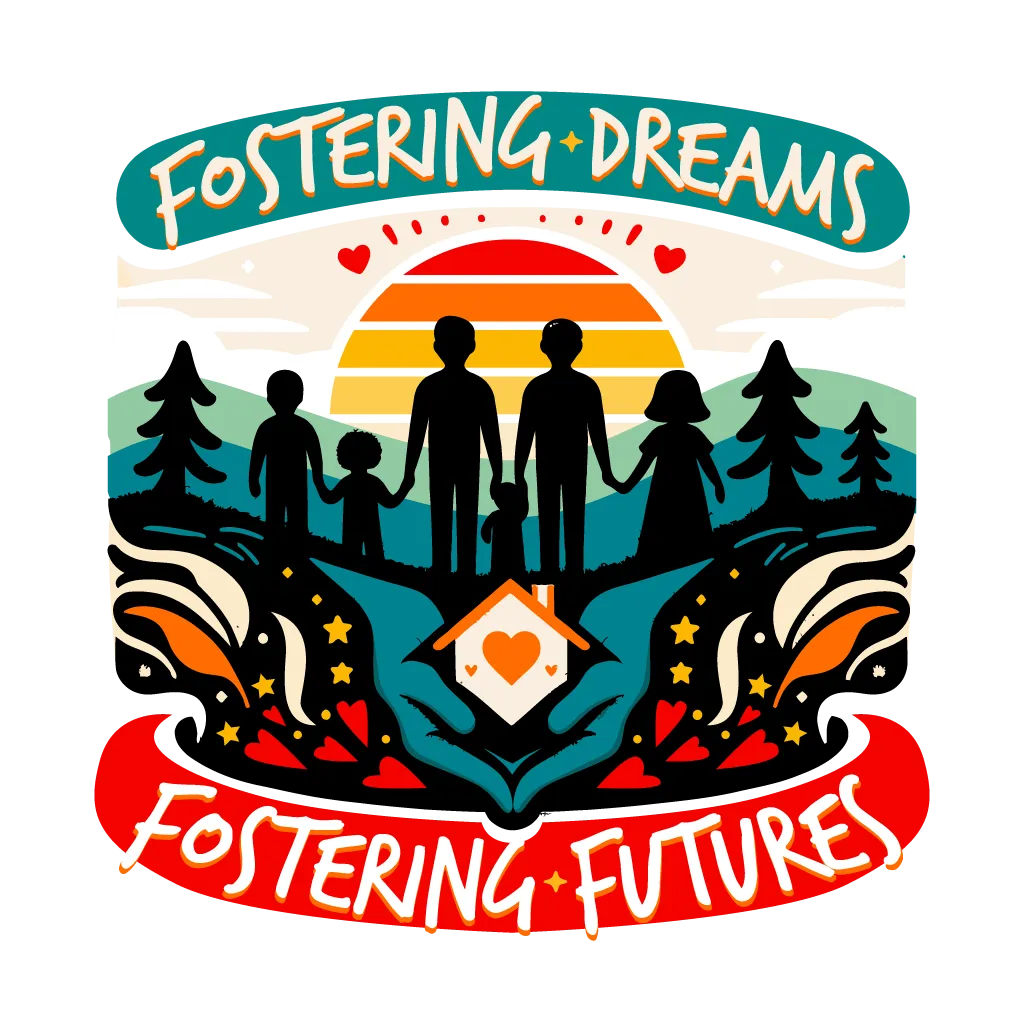Foster Care Training
Today
Fostering Dreams, Fostering Futures
Fostering Dreams, Fostering Futures
Meet Sharon Dunlevy
Your partner in foster care success
I empower foster parents to become powerful educational advocates, ensuring every foster child receives the support they need to succeed. With over 750 foster parents trained and 2,250 children's lives impacted, we are scaling a proven model of change nationwide — and we're just getting started.
I use my voice and platform to shift systems and spark action. As a speaker, writer, and advocate, I mobilize audiences at conferences and in the community to champion better outcomes for foster youth. My articles and talks deliver practical tools and real stories that inspire foster families and challenge the status quo.
This movement is growing—and I’m leading it forward.
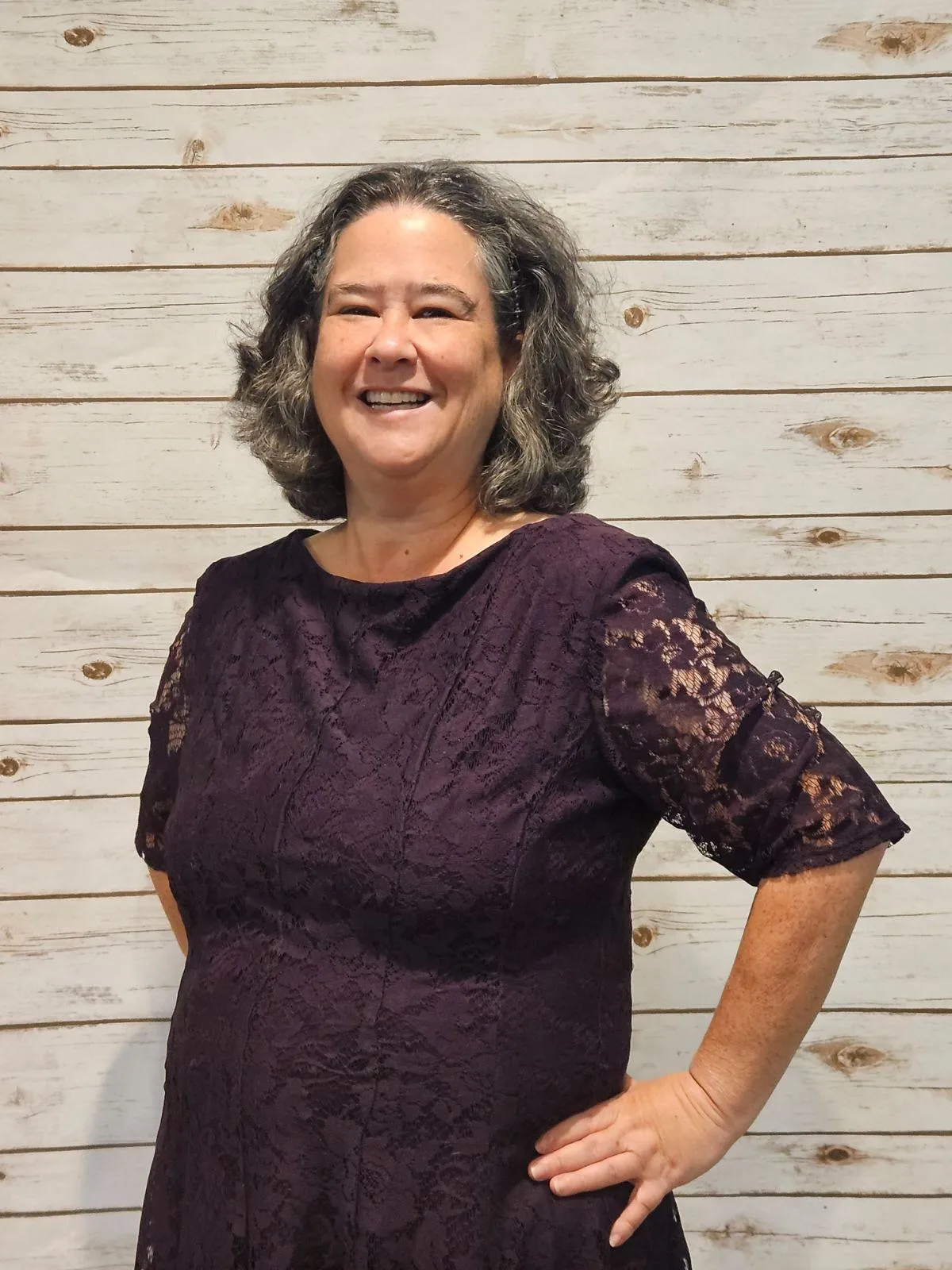
Fostering Dreams, Fostering Futures
Meet Sharon Dunlevy
Your partner in foster care success

Sharon Dunlevy (Duhn-lehvy) is a passionate advocate for the success of children in foster care. With a mission to bring systemic change to policies and practices affecting foster youth, she equips foster parents with the knowledge and tools to navigate the complexities of fostering, ensuring children in foster care have the support they need to graduate and succeed beyond the system.
Her work extends beyond training—she is an influencer in the foster care space, using her voice and words to raise awareness and drive meaningful change. As a dynamic speaker, Sharon has taken the stage in multiple speech competitions, professional conferences, and podcasts, demonstrating her ability to engage, inspire, and mobilize audiences. Her writing has appeared in blogs, educational publications, and advocacy platforms, where she shares practical guidance, stories of impact, and insights that challenge systems and uplift foster families. Through her written and spoken work, Sharon continues to lead a growing movement to improve outcomes for children in care.
Fostering Dreams, Fostering Futures
Advocacy Activities

Expert Training
Comprehensive programs tailored to the unique challenges and joys of foster parenting.
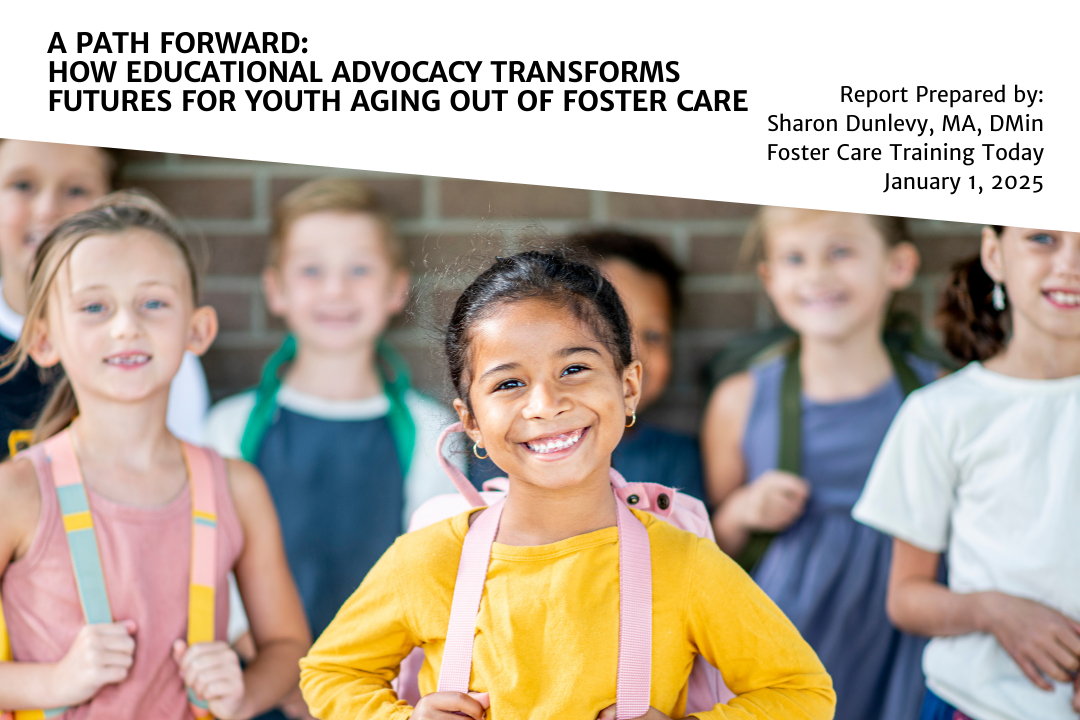
Insightful Research
Groundbreaking studies that challenge the status quo and offer actionable solutions.

Influencing Change
Using the power of speaking and writing to raise awareness and drive change for children in foster care.
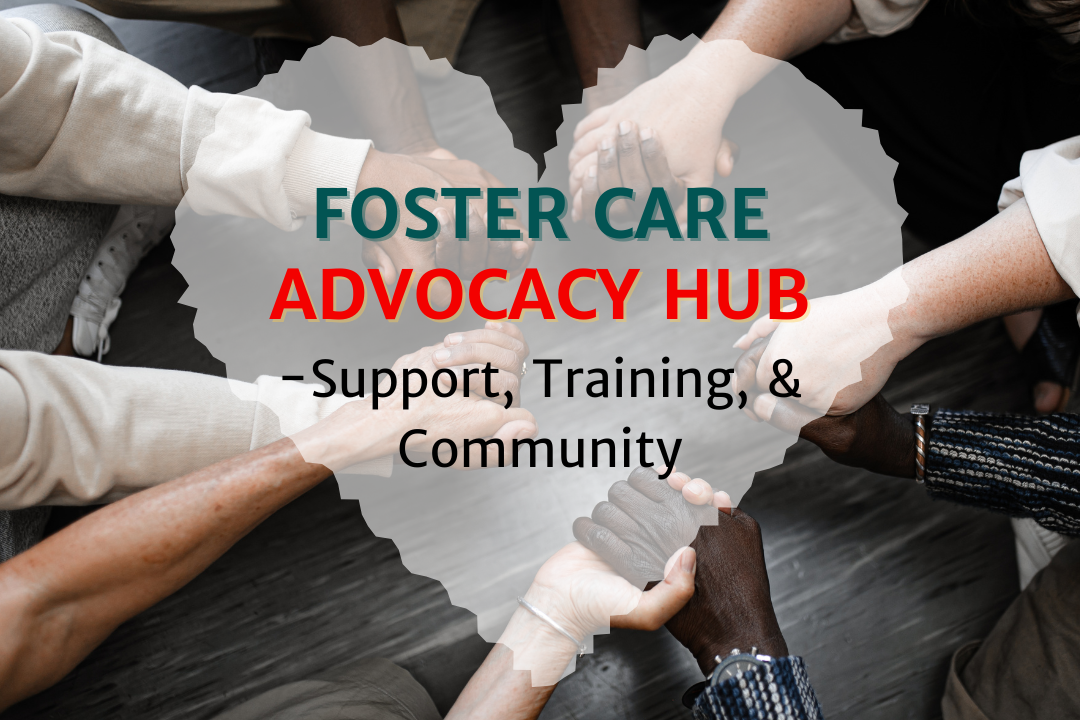
Community Building
Creating supportive networks among families, agencies, and community stakeholders.
Fostering Dreams, Fostering Futures
New Partnership
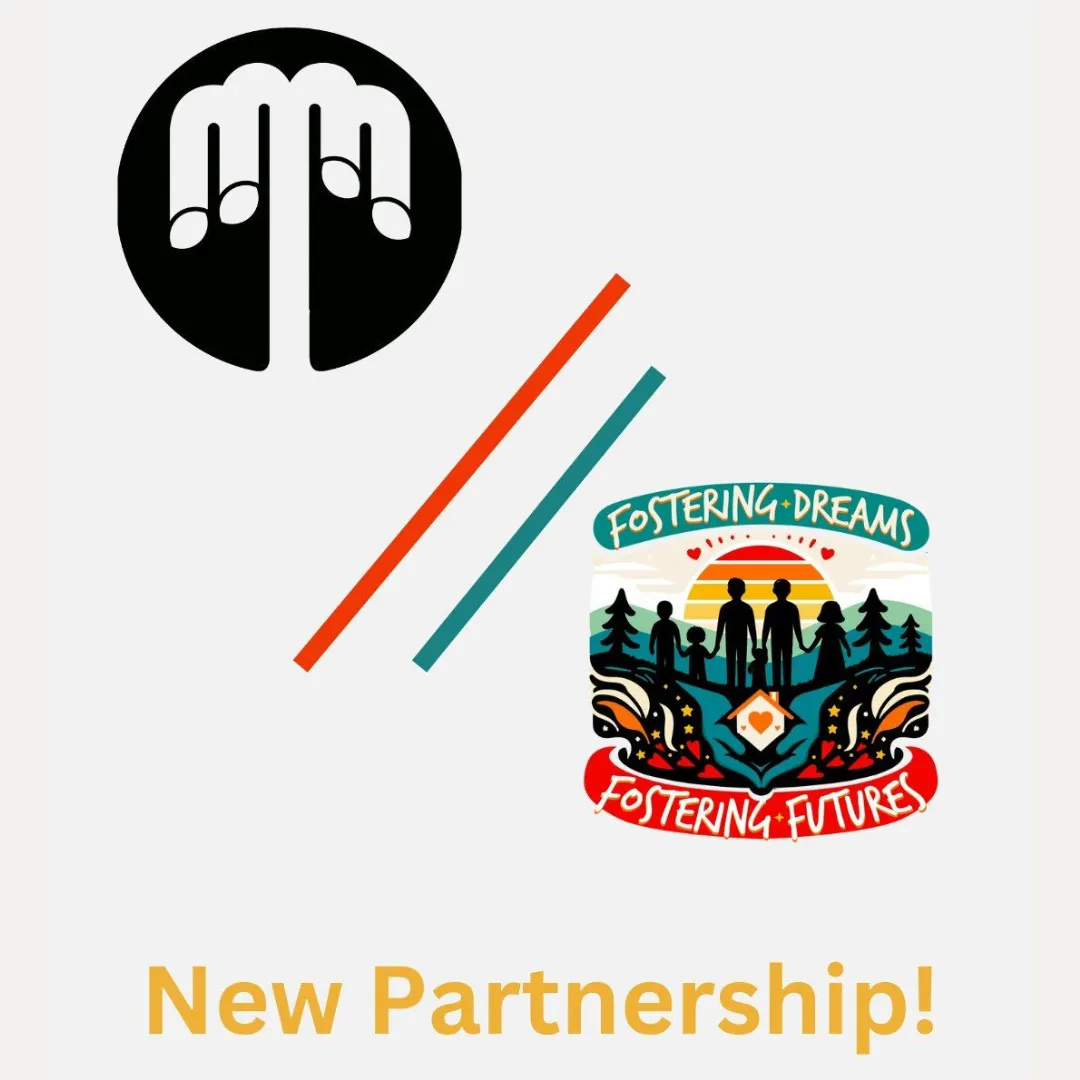
Cherry Willow Apparel has joined with me to improve the outcomes of children in foster care!!!
For each T-shirt sold, 50% goes to the mission of Foster Care Training Today LLC (providing FREE training and support for foster families nationwide) and 50% goes to the mission of Cherry Willow Apparel.
"Cherry Willow Apparel exists to reignite the inner light in those impacted by homelessness by sharing their stories, fostering belief, and inspiring compassion through every piece worn."

